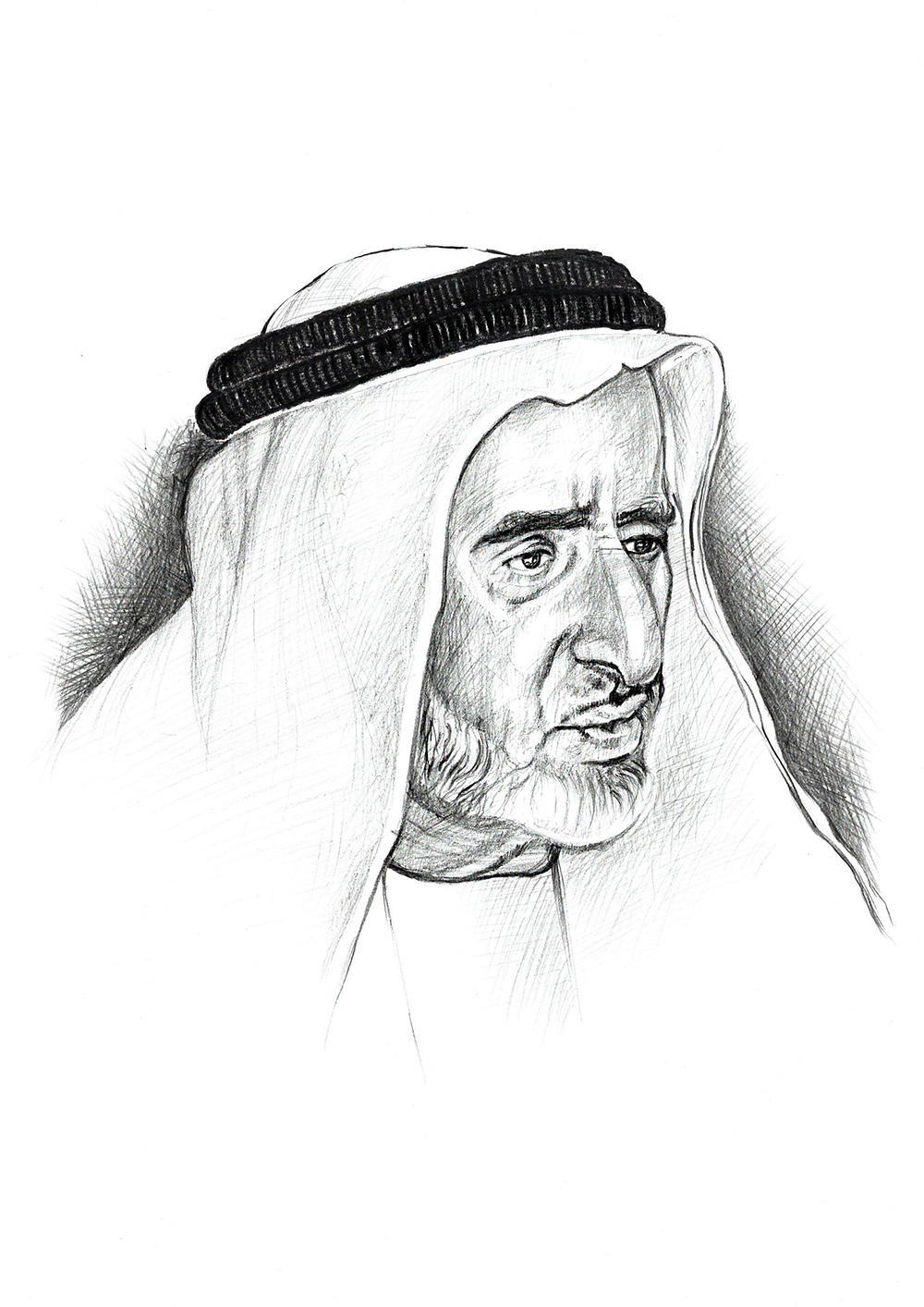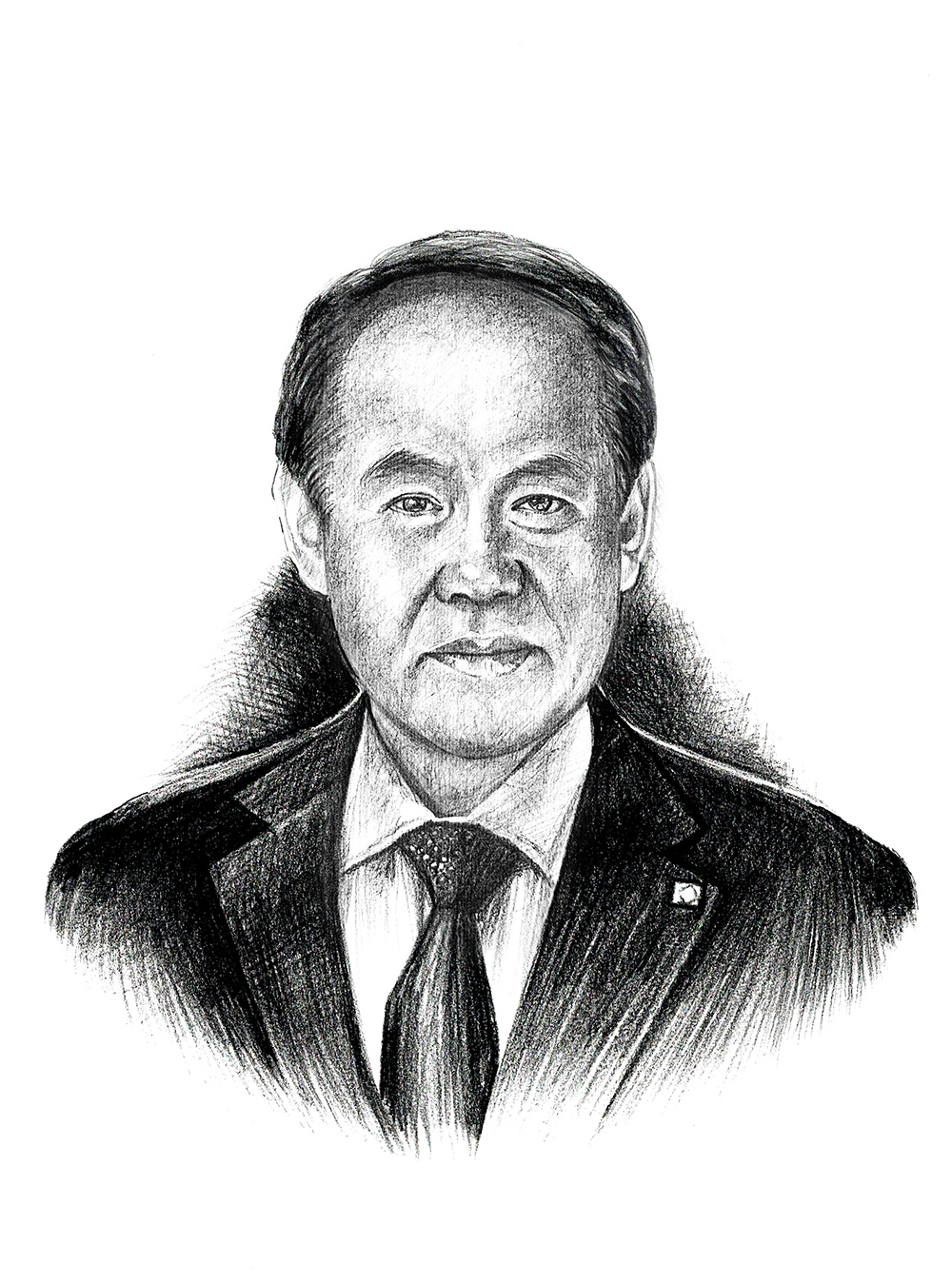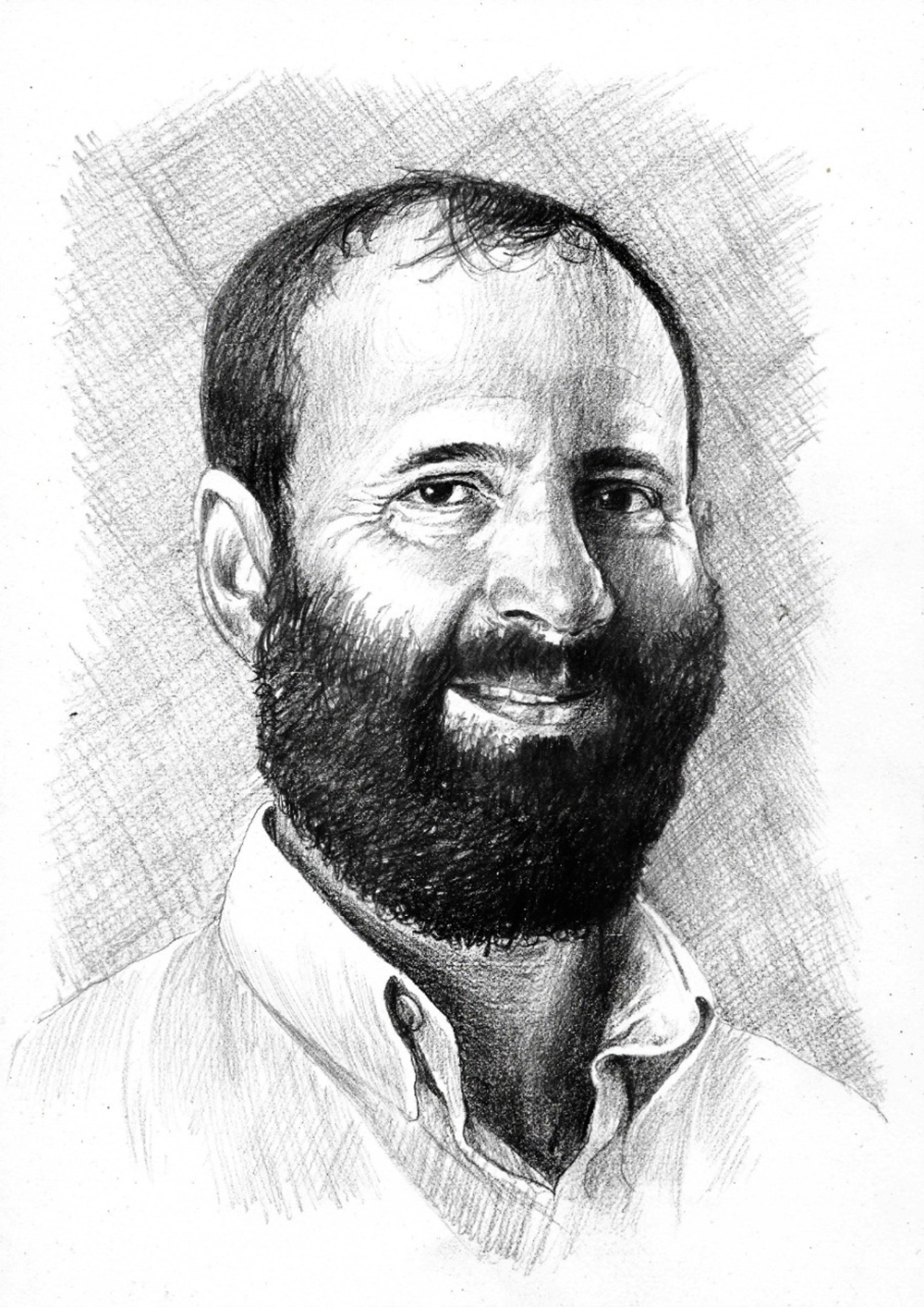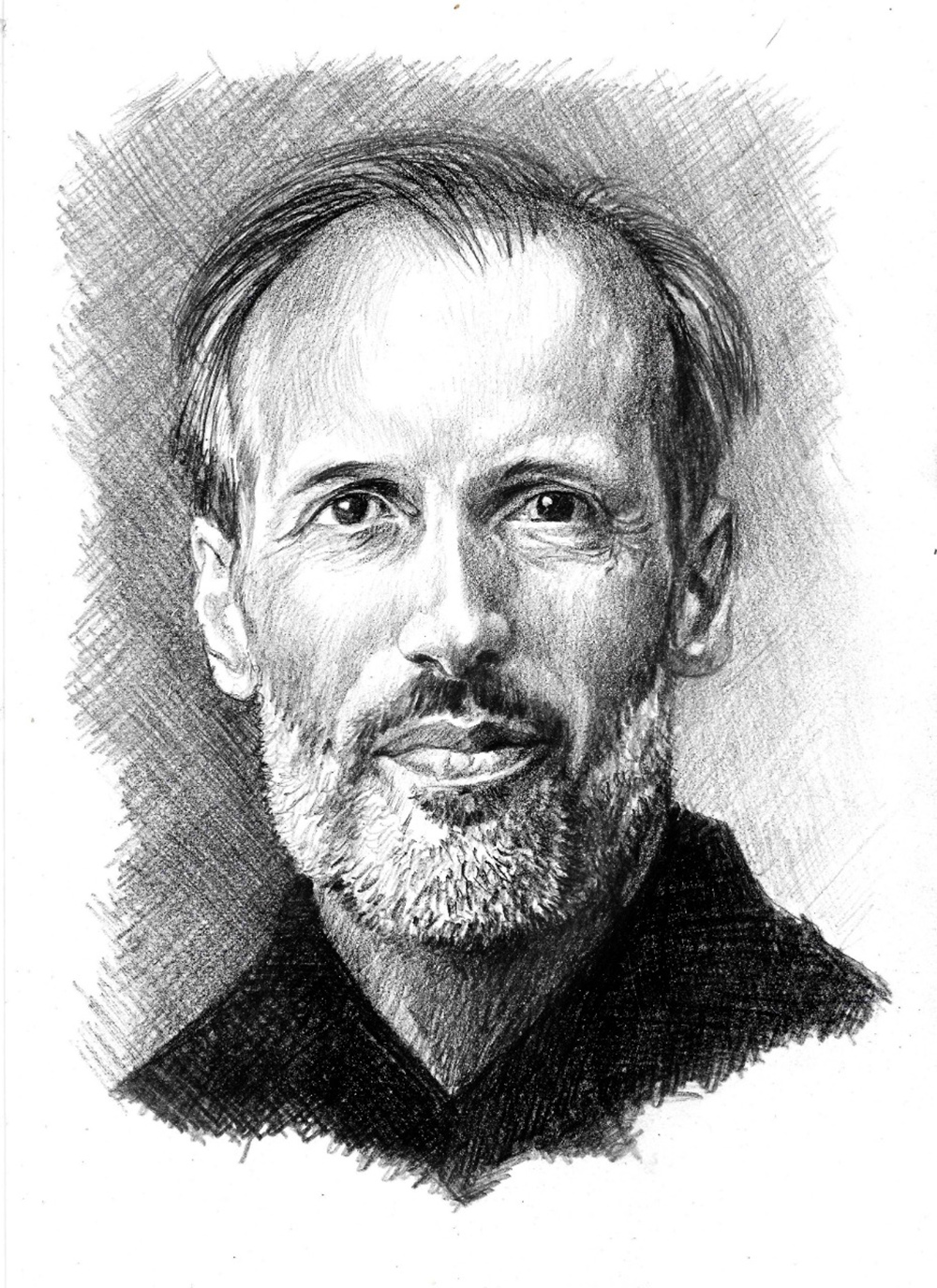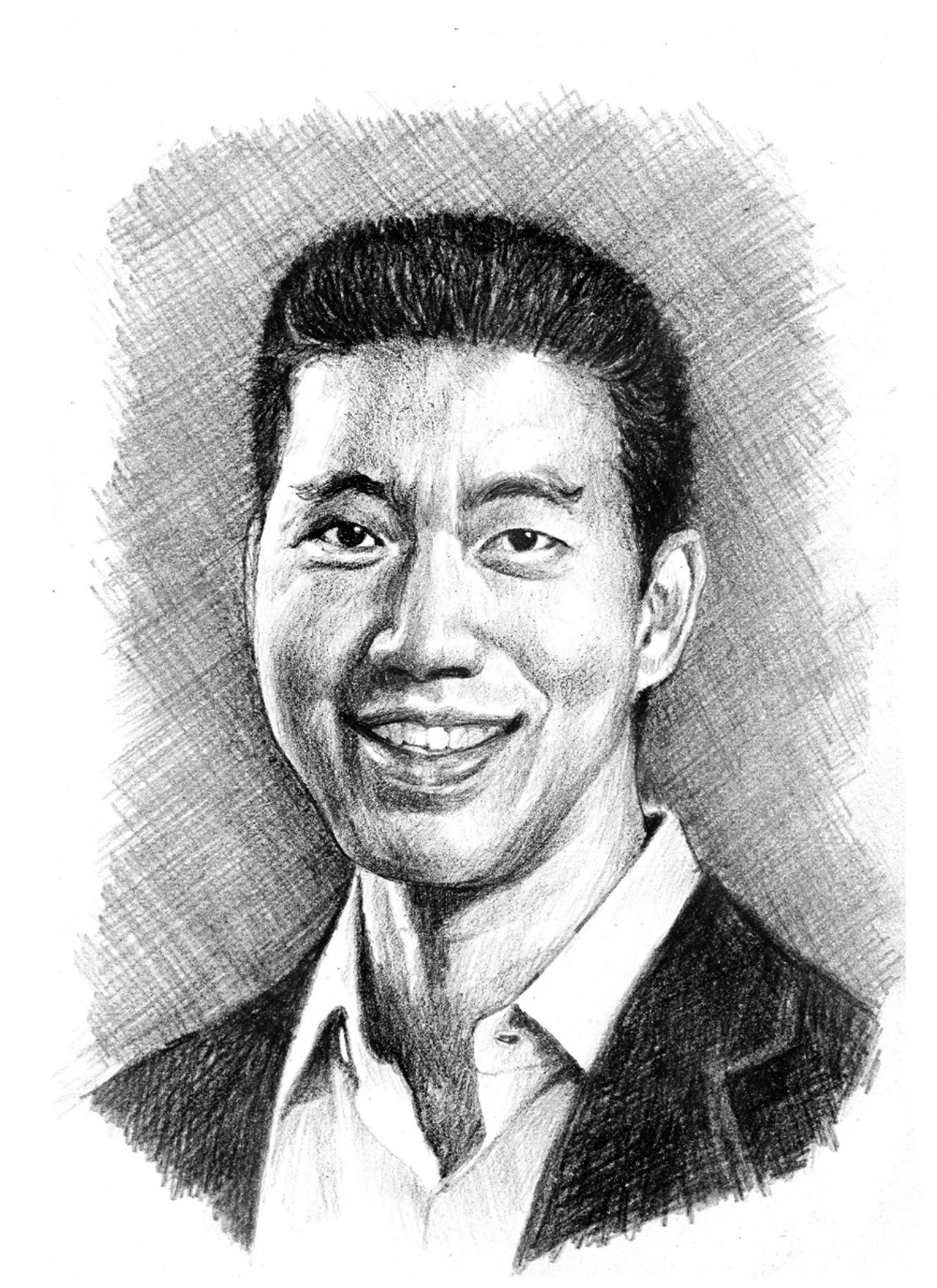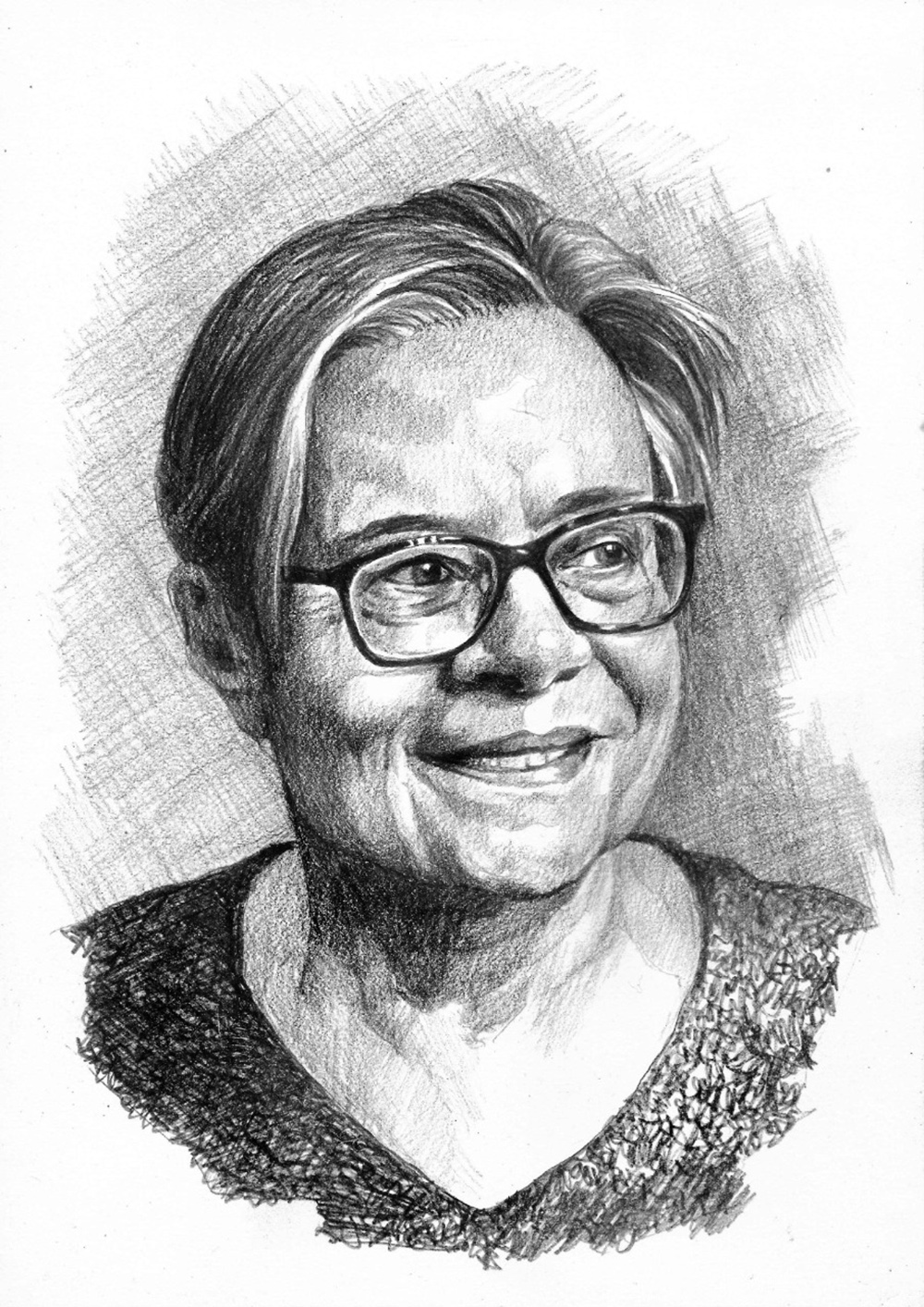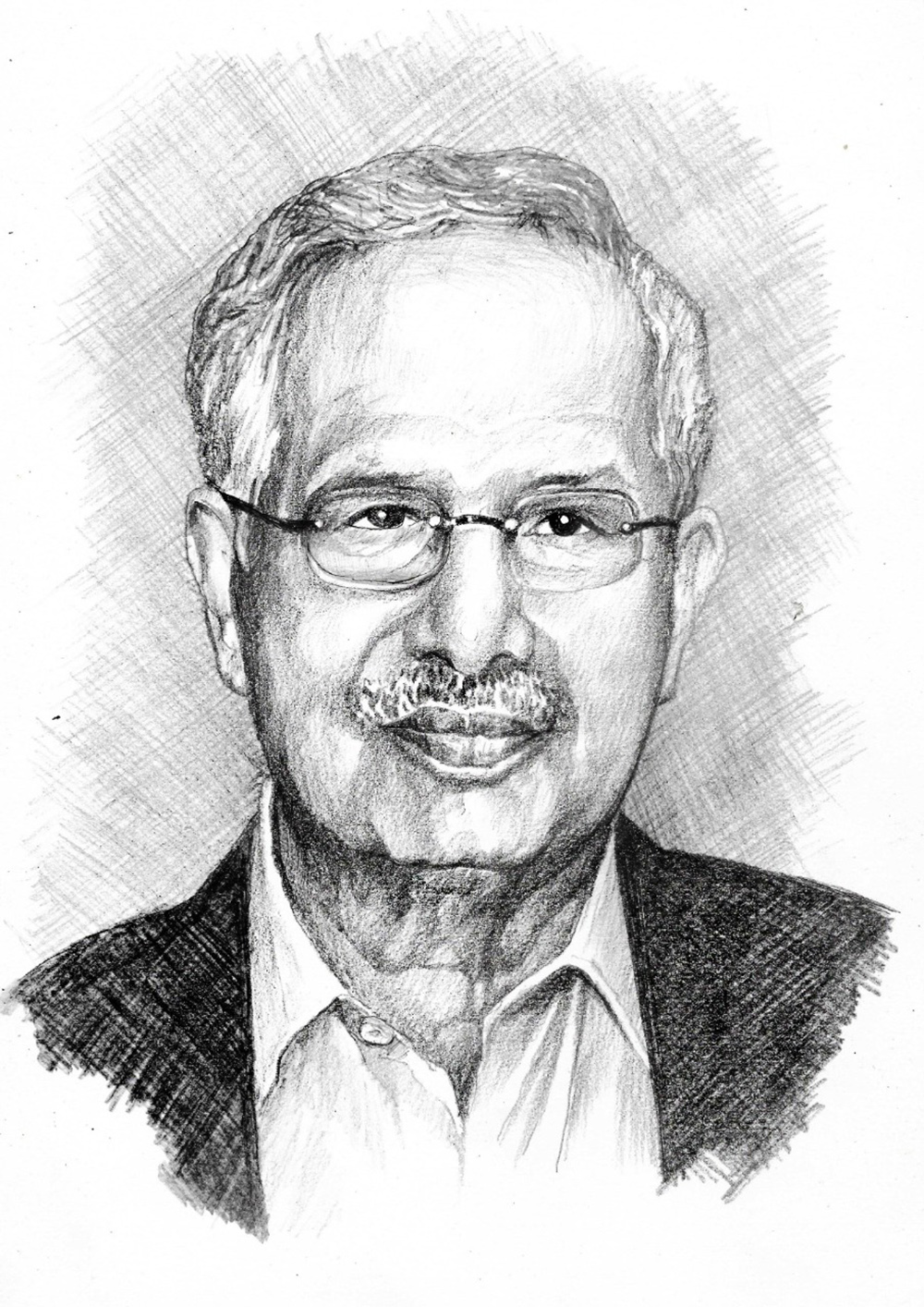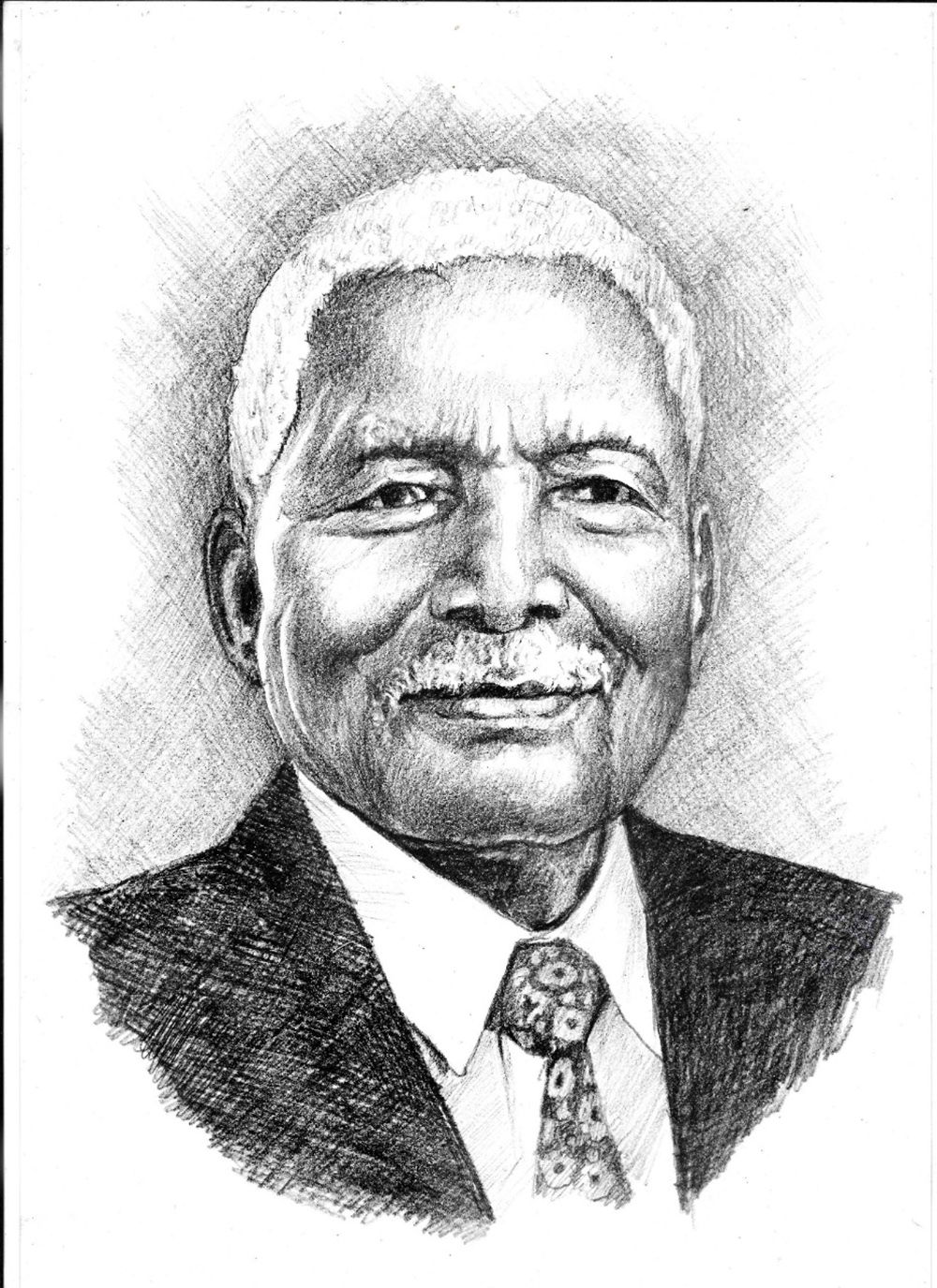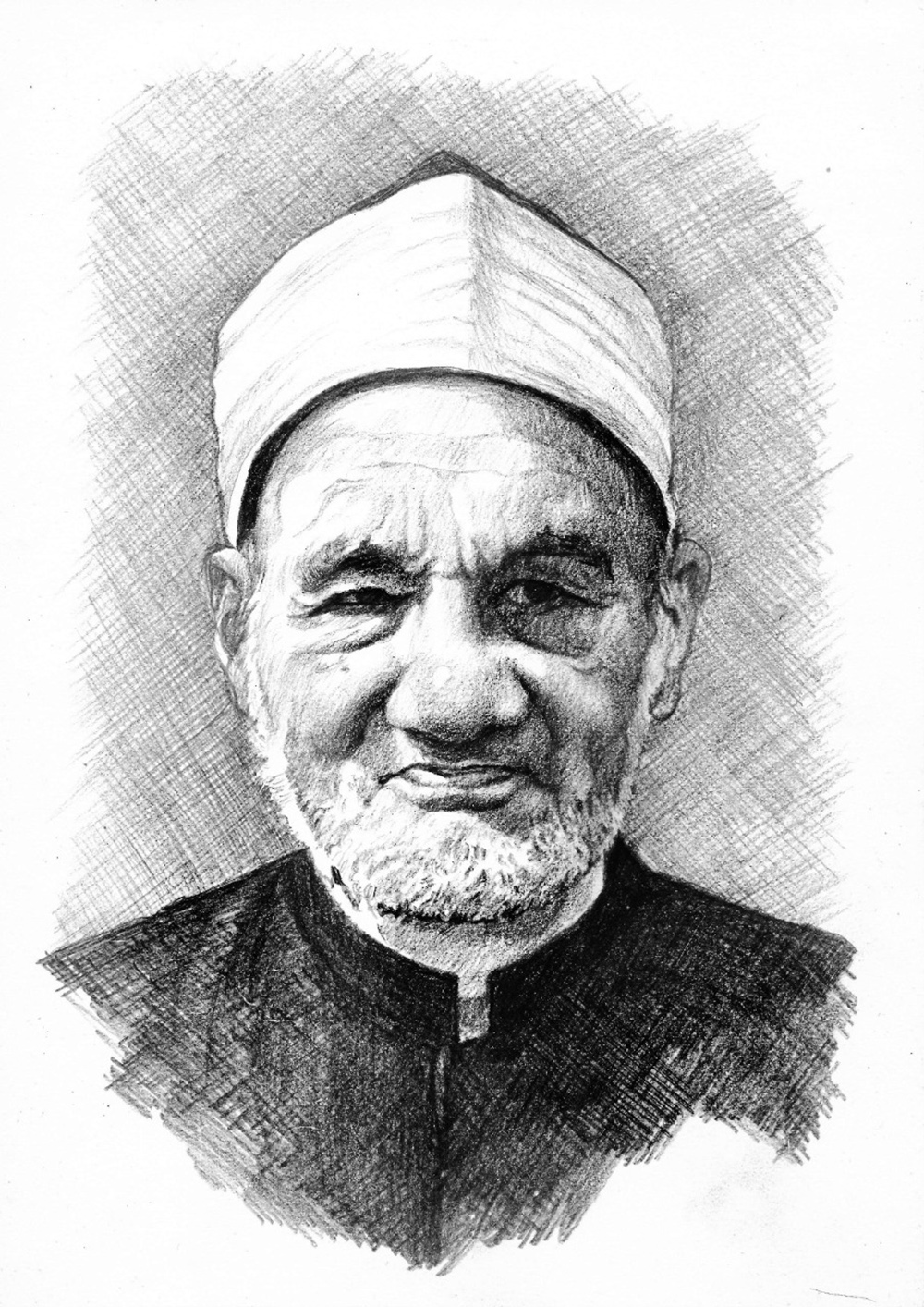Suzanne Stetkevych holds a Ph.D. in Classical Arabic Literature, and she is the chair of the Department of Arabic and Islamic Studies at Georgetown University. Professor Stetkevych held several managerial positions including the Department of Near Eastern Languages and Cultures chair at Indiana University; the Director of Middle Eastern Studies Program at Indiana University; the Department of Arabic and Islamic Studies chair at Georgetown University.
She has been a member of several committees, the Fulbright Selection Committee, the Patten Lecture Committee at Indiana University; the Dept. of Arabic & Islamic Studies, the Arabic Linguist Search Committee; and a member of the Editorial Board in the Journal of Arabic Literature.
Professor Stetkevych has published numerous research papers specialized in Arabic Literature Studies in English in refereed journals and periodicals. Her scholarly and literary works include: Fallen Cities as Fallen Women: Abu Tammam’s Ammariyah Qasidah and Ibn Al-Rumi’s Ritha Ahl Al-Basrah, Toward a Redefinition of Badi Poetry, The Muwazanah of Al-Amidi: A Critique, Archetype, Attribution in Early Arabic Poetry: Al-Shanfara’s Lamiyyat Al-Arab, and Pre-Islamic Panegyric, and the Poetics of Redemption: Mufaddaliyyah 119 of Al-Qamah and Banat Su’ad of Ka‛b Ibn Zuhayr, Ritual Patterns in the Classical Arabic Qasidah, Enter the Qasida: Critical Approaches to the Arabic Ode: Abu Firas Al-Hamdani’s Rumiyah to Sayf Al-Dawlah.
Her Publications comprise Abu Tammam and the Poetics of the Abbasid Age, The Mute Immortals Speak: Pre-Islamic Poetry and the Poetics of Ritual, Adab Al-Siyasah Wa Siyasat Al-Adab: Al-Tafsir Al-Tuqusi Li Qasidat Al-Madh Fi Al-Shear Al-Arabi Al-Qadim, The Poetics of Islamic Legitimacy: Myth, Gender and Ceremony in the Classical Arabic Ode, The Mantle Odes: Arabic Praise Poems to the Prophet Muhammad, The Cooing of the Dove and the Cawing of the Crow: Late Abbasid Poetics in Abu Al-Ala Al-Ma’arri’s Saqt Al-Zand, and Luzum Ma La Yalzam.
She also edited and reviewed several collective books and Journals in the field of Arabic Literature Studies in English, which include: Reorientations/Arabic and Persian Poetry, Early Arabic Poetry and Poetics, Beyond the Line: Classical Arabic Literary Critics on the Coherence and Unity of the Poem, The Modern Arabic Novel: An Historical and Critical Introduction, Journal of Arabic Literature, and Studies in Arabic Literature/Brill Studies in ME Literatures.
Professor Stetkevych was honored for her efforts in the field of Arabic Literature Studies in English with several awards, including: Solomon Katz Visiting Distinguished Professorship in the Humanities in 1999; Sultan Qaboos bin Said Chair in Arabic and Islamic Studies at Georgetown University in 2014; the Middle East Medievalists Lifetime Achievement Award in 2017; Sheikh Zayed Book Awards: Cultural Personality of the Year in 2019, Abu Dhabi, UAE.
This biography was written in the year the prize was awarded.

